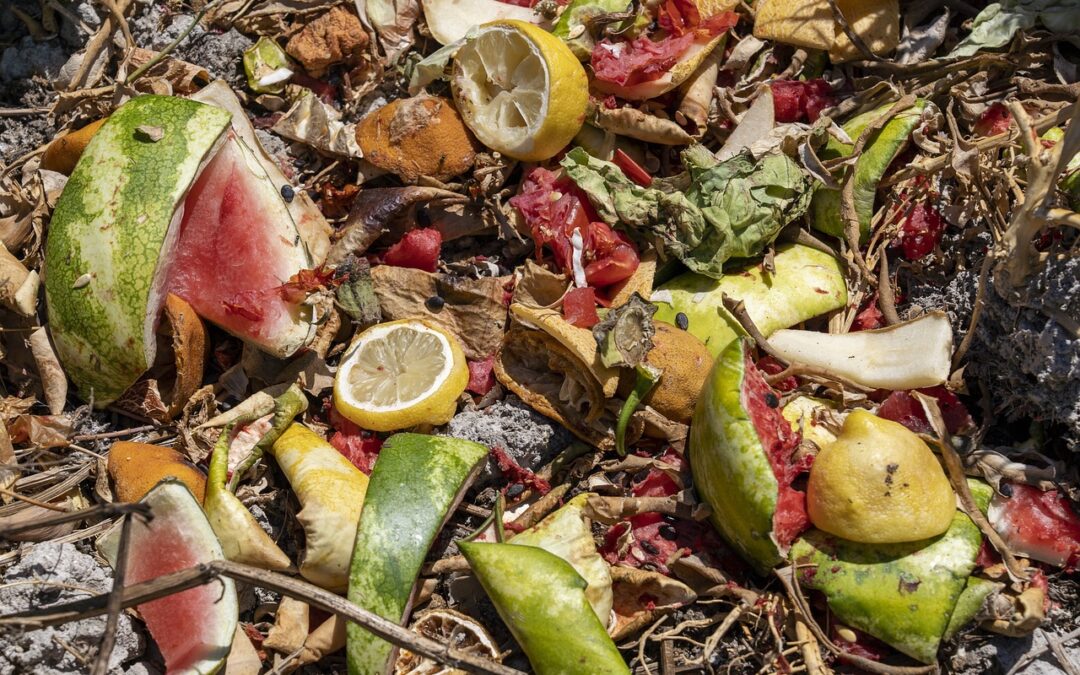Food waste is estimated to be one-third of the food intended for consumption. According to OzHarvest, this is equivalent to approximately 1.3 tons of food lost, costing the economy 940 billion dollars every year. The effect it has on climate change has become increasingly obvious, making it a significant global issue.
For an item of food to be ready, it needs to be produced, transported, prepared, and stored. This means that whenever, for example, a bag of rice is discarded, all the effort put into the making of the item is “thrown away” as well. Its preparation releases an immense amount of greenhouse gasses into the atmosphere as well as generating methane (a more potent form of carbon dioxide) due to the food that ends up in landfills. Food waste is one of the top producers of carbon dioxide emissions which is why it’s an issue that should be addressed.
According to the United Nations, “690 million people today are hungry and three billion cannot afford a healthy diet”. When a firm’s product is used as close to its full potential as possible, food waste will decrease, and as a result, more food will go to those in need. Zero hunger, one of the United Nations Sustainable Development Goals, promotes resource and energy conservation, which directly relates to climate change. For example, freezing food that will not be consumed so soon is a good way of preserving the product since its frozen state prevents the item from going bad unlike fresh products, giving someone more time to consume the food.
Many countries have already taken steps to resolve the food waste issue. For instance, in 2016, the French parliament passed the Food Waste Bill. The Bill claimed to penalize supermarkets for food waste with a 4,000 to 75,000 dollar fine. The government required all supermarkets to sign contracts with charities, to ensure that when an item was nearing its expiration date, they would distribute it to them. As a result of engaging in this practice, supermarkets can also benefit from tax incentives associated with their charitable contributions. As a result, 5,000 churches, NGOs, and other organizations had boxes of yogurt, bread, and fresh produce to distribute throughout the country.
At Graded, we compost some of the food that is wasted. Around the school, there are compost (materials able to decompose, such as food) and recycling (anything reusable like paper, metal, and plastic) bins where students can separate their trash since at least 50% of trash is compostable. With the help of a Reconectta (B-certified social enterprise), the school will then collect the organic waste and convert it into fertilizer, with the recently installed composting boxes that are located right outside the end of the A hallway. This compost is then used in the campus’s green spaces, reducing the need for pesticides. This is an important plan since we are a big school, and due to our size, the production of waste is pretty large. With this project, the school has the ability to take the waste we produce and plug it back into our environment, creating a circular movement.
Overall there has been great feedback from this project, but it is still in its early stages.
With continuous improvement, this plan can become something that Graded could expand. It is important for students and faculty to simply place items of food inside the composting bin to ensure the materials thrown away are actually allowed to be used in the bins. With the help of the students and staff placing their trash in the correct bins, Graded can become more sustainable!
Sources:
https://www.graded.br/about/sustainability-at-graded
https://www.economist.com/the-economist-explains/2016/08/28/why-wasting-food-is-bad-for-the-planet














